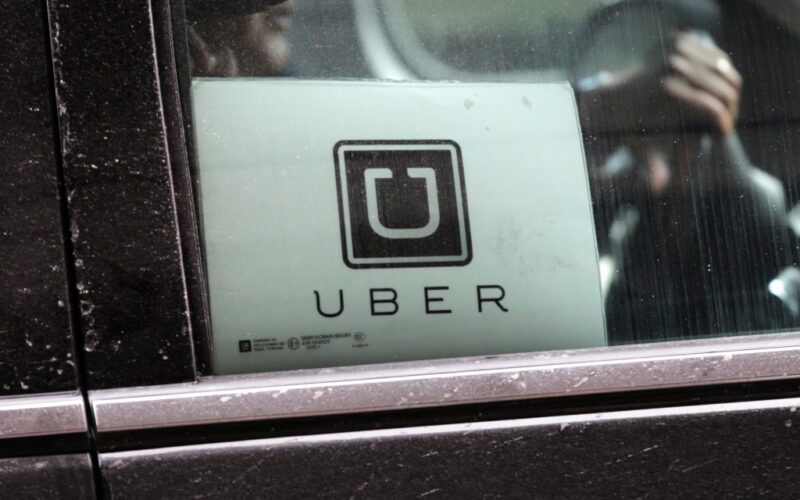Uber and Lyft drivers who appeal deactivations by the rideshare giants rarely get reinstated, according to a report issued by the New York Taxi Workers Alliance and the Asian American Legal Defense and Education Fund.
Only 2% of Lyft drivers and 5% of Uber drivers get reinstated after appealing a decision by the firm to kick them off of the app, according to a survey of 341 deactivated drivers conducted by the NYTWA.
“They’re being fired, without notice and without due process,” said Elizabeth Koo, AALDEF’s director of economic justice initiatives, who authored the report. “Losing your job shouldn’t happen without process.”
Uber and Lyft do not consider their drivers employees in the traditional sense, but rather contractors, using the firms’ apps to find passengers. When either firm “deactivates” a driver’s account, they are unable to work on that platform.
The survey found 70% of Uber drivers and 76% percent of Lyft drivers were deactivated without any prior notice that there had been a complaint or an issue with their performance. For-hire drivers are often responsible for the capital costs of their job — maintenance, fuel and car payments. Indeed 88% of drivers surveyed said they bought their vehicle specifically for the job, and 69% said they still had vehicle expenses to pay following their deactivation.
“The absence of notice, explanation, or appeal rights related to deactivations violates basic principles of fairness and workers’ dignity,” Koo wrote. “Policymakers should enact and enforce just-cause protections for New York City’s 84,000 active rideshare drivers to ensure that no driver is deactivated without legitimate reason, transparency or due process.”
The report comes as a bill to prohibit driver deactivations absent “just cause or a bona fide economic reason” continues to work its way through City Council — with support from NYTWA.
“There’s no law that governs the evidence or standards for deactivations,” NYTWA head Bhairavi Desai told the Daily News. “There’s no notice that goes out to drivers beforehand.”
“If it’s a serious allegation, you want to be able to defend your good name,” Desai added.
A spokesman for Lyft said the rideshare company was already working to streamline its process for appealing deactivations, and questioned the validity of the survey’s findings.
“This survey isn’t grounded in reality and its findings aren’t representative of NYC rideshare drivers on our platform,” Lyft spokesman CJ Macklin told The News. “Unnecessary deactivations negatively impact our business model, so we engage in thorough review processes and aim to only deactivate drivers to protect the safety of our community.”
Appeals are handled internally by Lyft’s safety team, Macklin said, and are adjudicated by someone other than the person who issued the deactivation in the first place.
Uber spokeswoman Freddi Goldstein similarly said the rideshare giant has processes for drivers to dispute both warnings and deactivations.
“Restricting a driver’s access to the platform is always a last resort—done not because we want to, but because we need to ensure everyone who uses Uber, and road users more generally, can have a safe and reliable experience,” she said. “Access restriction is not a common occurrence.”
“Fewer than 2% of NYC Uber drivers experienced a permanent deactivation in the first six months of 2025,” she added. “These deactivations were largely due to fraudulent activity and safety incidents.”








